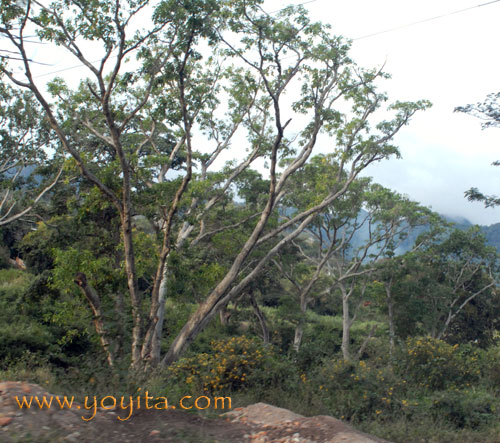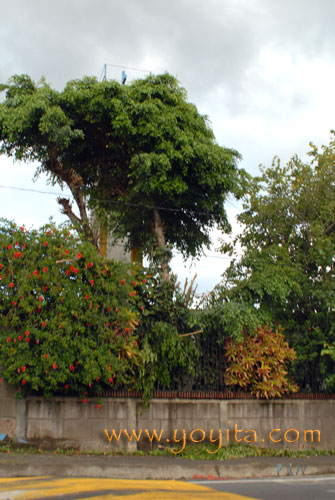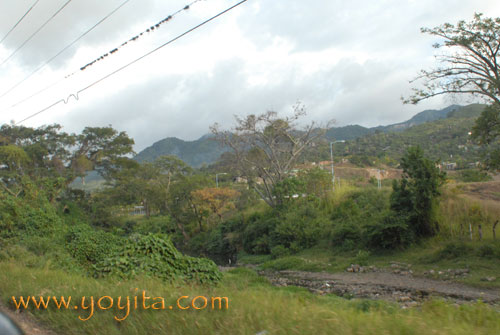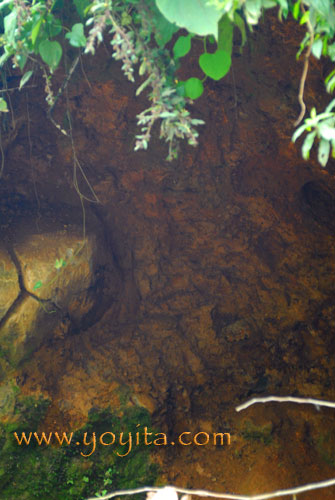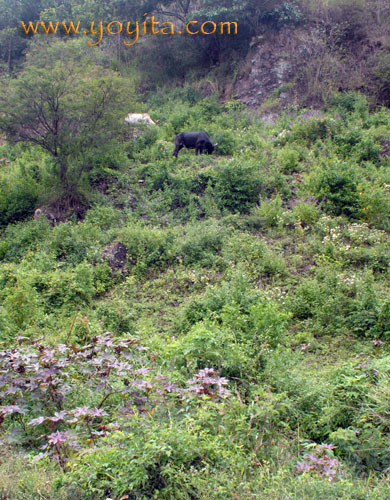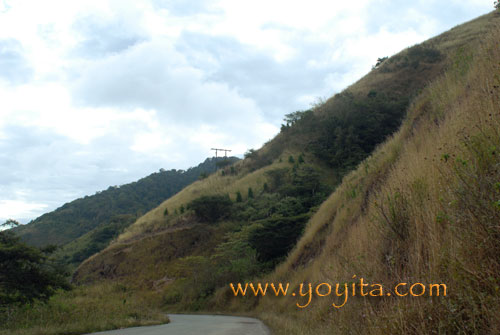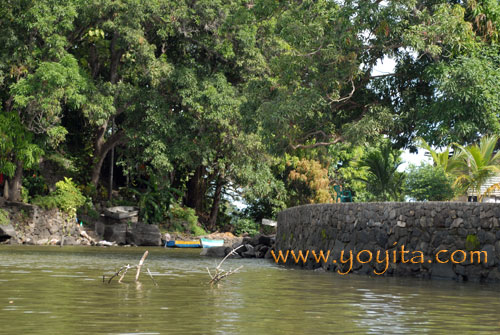Study after study has confirmed that global warming is already occurring and that it is caused primarily by human activities. The only uncertainties are how soon and in what ways it will disrupt our existence. Stronger storms? Flooded coastlines? Harsher droughts? More disease? Not to mention that our waterways, food, and air are already polluted to unsound levels in many areas, affecting our health and quality of life every day.
But there is still time to act, and our great-great-grandchildren will thank us for living more sustainably, starting now. Fortunately, many of the steps we can take can actually make our lives better as well.
10 things you can do today that will not only reduce your ecological footprint, but also save you money and help you live a happier, healthier life.
- Re-route your commute.
Walk or bike to work and save money on gas and parking while improving your cardiovascular health and reducing your risk of obesity.
If you live far from your office, investigate the option of telecommuting. Or move closer�even if this means paying more rent, it could save you money in the long term.
If your streets are not conducive to biking or walking, lobby your municipal government to increase spending on sidewalks and bike lanes. With little cost, these improvements can pay huge dividends in decreased traffic and pollution.
- Buy used.
Whether you�ve just moved to a new area or are looking to redecorate, consider a service like craigslist or FreeSharing to track down furniture, appliances, and other items, rather than buying them new. Check out garage sales and thrift stores for clothing and other everyday items.
Use your creativity in gift giving, including making homemade gifts, donating to a good cause, or even regifting. (And gift green, in general.)
Your purchasing habits have a real impact, for better or worse. When making new purchases, make sure you know what�s �Good Stuff� and what isn�t.
- Buy local.
Shop at your local farmers� market. Though the offerings can be more expensive, you can generally count on a higher quality product�and the entire purchase price goes directly to the farmer. Buying any goods produced locally saves energy by reducing the fossil fuels needed to transport food and other items across the country and around the globe.
Start a local currency program in your town. This can ensure that money stays in your local economy, valuing local services and supporting local merchants.
- Compost your food scraps.
Composting helps reduce the amount of waste you send to the landfill, which can save you money if you live in a municipality with a �pay as you throw� system. In the process, you create free, healthy fertilizer for your garden (or your neighbor�s�or lobby for a community garden!)
If you don�t have a yard or space for a compost pile, try indoor �vermiculture,� or worm composting.
- Change the thermostat setting and install energy saving devices.
Setting your thermostat a few degrees lower in the winter and a few degrees higher in the summer can translate to substantial savings on your utility bills.
Install low-flow showerheads and take shorter showers to save water and the energy used to heat it. Or, consider eventually installing a solar hot water heater on your property.
Wash clothes in cold water whenever possible and use a drying rack or clothesline.
When incandescent bulbs burn out, replace them with longer-lasting, low-energy compact fluorescent bulbs.
With the money you save from making these changes, consider buying wind energy from your local utility or purchasing renewable energy offsets. Renewables offer our best hope for reducing greenhouse gas emissions, as well as a host of other pollutants. In some cases, �green energy� options can be cheaper than electricity from conventional sources!
- Skip the bottled water at the grocery or convenience store.
Filter your tap water for drinking rather than using bottled water. Not only is bottled water expensive, but it produces large amounts of container waste.
Check out this recent update and life cycle analysis for the latest on bottled water trends.
- Make your own cleaning supplies.
Using simple ingredients such as baking soda, soap, and vinegar, you can make cheap, easy, and non-toxic cleaning products that really work! Save money, time, and your indoor air quality.
- Think twice about new electronics.
E-waste from discarded cell phones and computers is a growing environmental problem. Mounds of electronic refuse are being shipped abroad illegally for �disassembly� by workers with little protection against the mercury and other toxic substances they contain.
Keep your electronics as long as possible and dispose of the
m
Keep your electronics as long as possible and dispose of them responsibly when the time comes.
Buy higher-quality items and don�t give in to �psychological obsolescence� marketing campaigns.
Recycle your cell phone and support good causes at the same time!
Ask your local government to set up a responsible recycling and hazardous waste collection event.
- Add one meatless meal per week.
While strict vegetarianism isn�t for everyone, even the most devout carnivores can cut back on meat consumption without cramping their style�and save money in the process. Industrial meat production requires huge energy inputs and creates noxious waste problems. The proliferation of factory farms is damaging the environment, and the global nature of the industry creates conditions that promote the spread of diseases such as avian flu, potentially costing society billions.
- Use your local library and other public amenities.
Borrowing from libraries, instead of buying personal books and movies, saves money and printing resources. Consider donating the money saved to your local library.
Be an active civic participant and ensure that the public spaces and facilities in your town are well maintained. This will promote a healthy, sustainable community.







